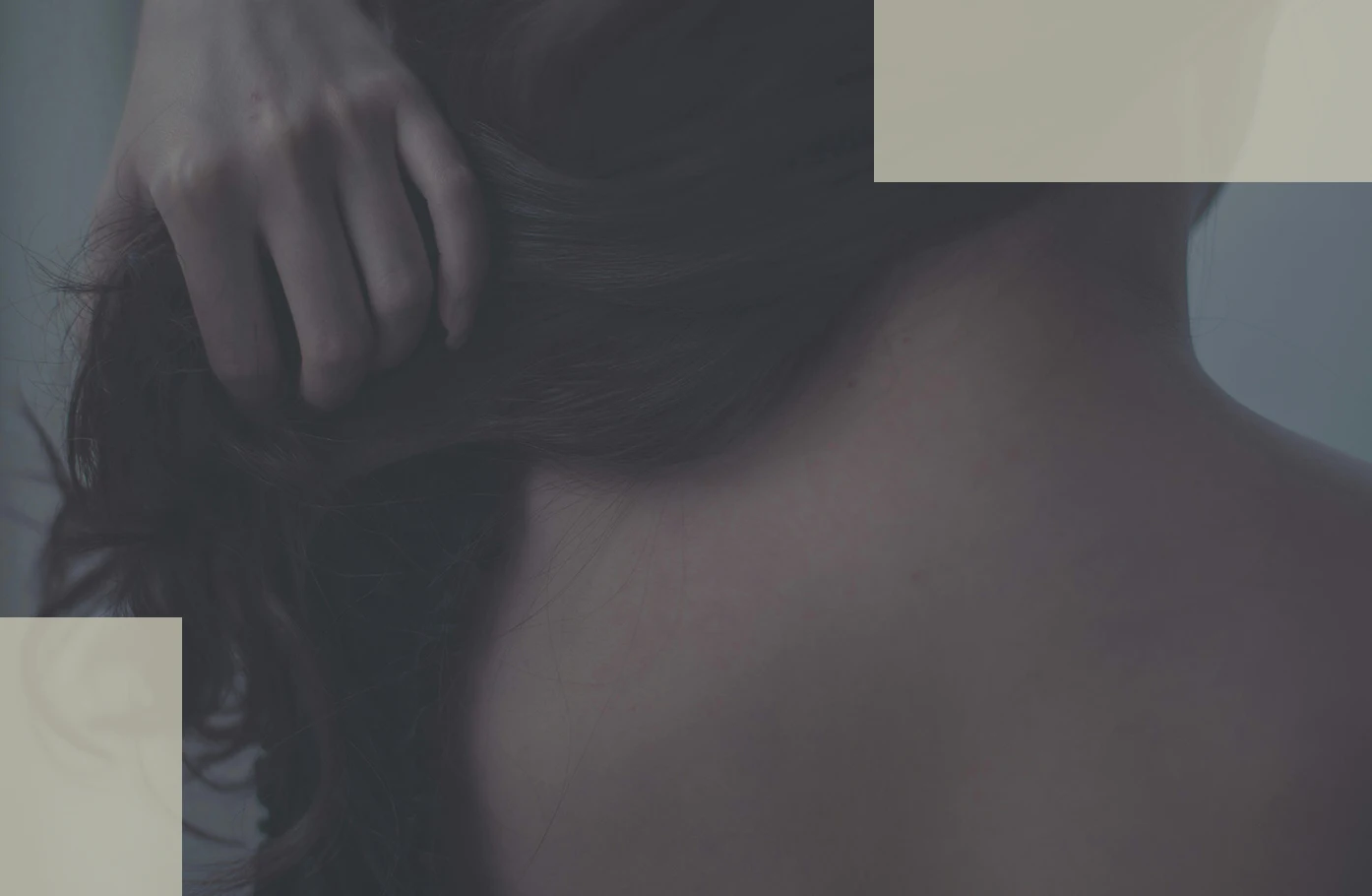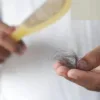Why Is the Scalp So Sensitive After Chemo?
Chemotherapy works by targeting fast-dividing cells, which include not just cancer cells but also the cells that produce hair. This is why hair loss is a common side effect (American Cancer Society, 2022).
As your body recovers, your scalp can remain delicate for a while:
- Dryness and flakiness are common
- Heightened sensitivity makes the skin more reactive to fragrances, harsh shampoos, or aggressive styling
- Hair texture may return differently (finer, wavier, or curlier than before)
This makes a gentle care routine essential during this stage.
During post-chemo recovery, your scalp needs nourishment as much as protection. Consider using a gentle hair growth serum as part of your scalp recovery routine to boost hydration, improve circulation, and encourage healthy regrowth without irritation.
Once your scalp feels more comfortable, it’s time to focus on regrowth in a safe and sustainable way. Explore these gentle hair growth tips for sensitive scalps after chemotherapy to encourage stronger strands while keeping your scalp calm and nourished.
What to Expect from Hair Growth After Chemo
Many people see hair starting to regrow within 3–6 weeks after finishing chemotherapy. At first, this hair can be soft and downy (“peach fuzz”), gradually thickening over time.
While it’s natural to want to speed up regrowth, patience and kindness to your scalp go a long way.
🔗 External: American Cancer Society on hair regrowth timeline
Best Practices for Caring for a Sensitive Scalp Post-Chemo
1️⃣ Use a Gentle, Sulfate-Free Shampoo
our scalp may not tolerate typical shampoos that contain sulfates, parabens, or synthetic fragrances. Instead, look for a mild cleanser that won’t strip natural oils.
✅ The Evavitae Anti-Hair Loss and Hair Growth Shampoo is perfect for this phase because it is:
- Sulfate-free, fragrance-free, and dermatologist-tested
- Formulated with gentle amino acids, panthenol, and biotin to support scalp health
- Suitable for daily use on sensitive skin
2️⃣ Moisturize and Nourish With a Lightweight Serum
Scalp hydration is essential, especially if your skin feels tight or itchy.
✅ The Evavitae Hair Renewal Serum offers:
- Lightweight hydration with plant-based oils (grapeseed, argan, avocado, batana oil)
- Added biotin and vitamin E to support scalp health
- No heavy essential oils or irritants—safe for very sensitive skin
During a scalp massage (a practice that also helps increase circulation), applying this serum can feel both therapeutic and nurturing.
Once your scalp starts healing, light massage can help stimulate new growth without causing irritation. Explore gentle scalp massage techniques to support post-chemo hair regrowth and improve circulation while keeping your scalp calm and comfortable.
3️⃣ Minimize Styling Stress
- Avoid heat styling tools (hair dryers, curling wands) while your scalp adjusts.
- Let your hair air dry gently.
- Avoid tight hairstyles that pull on new regrowth.
4️⃣ Protect Your Scalp
Since hair may initially be thin or sparse, your scalp can be more exposed to sun, wind, and cold.
- Wear a soft hat or scarf when going outside.
- Apply a gentle sunscreen designed for sensitive skin on exposed areas.
Common Myths About Hair Growth After Chemo
❌ “Special hair growth shampoos will speed things up.”
The truth: Your hair will regrow on its own timetable. The best you can do is create a healthy scalp environment with gentle care.
❌ “Essential oils stimulate faster regrowth.”
Some essential oils (like peppermint or rosemary) have been promoted for hair growth, but they can irritate sensitive post-chemo skin.
✅ The focus should be on gentle, non-irritating hydration and nourishment.
Quick Care Routine Summary
Step | Action | Recommended Product |
Cleanse | Gentle cleansing 2–3 times a week | Evavitae Anti-Hair Loss and Hair Growth Shampoo |
Nourish | Hydrate scalp and hair | Evavitae Hair Renewal Serum |
Protect | Avoid heat, cover scalp outdoors | Soft hats/scarves, sunscreen |
Final Thoughts
Your hair regrowth journey after chemo is personal—and it deserves gentle care every step of the way. While you can’t force hair to grow faster, you can create the best possible environment for healthy regrowth by treating your sensitive scalp with kindness.
Evavitae’s dermatologist-tested, fragrance-free hair care products are designed to help you nurture your scalp while it heals, providing hydration, comfort, and support.
Be patient. Celebrate each milestone, no matter how small. And know that you’re not alone—you’re doing an amazing job caring for yourself.
💆 Ready to refine your daily scalp and hair care ritual? Explore restorative guides in the Scalp Care & Routine Hub.
Evavitae products are now available exclusively at www.evavitae.com.





Add comment
You must be logged in to post a comment.